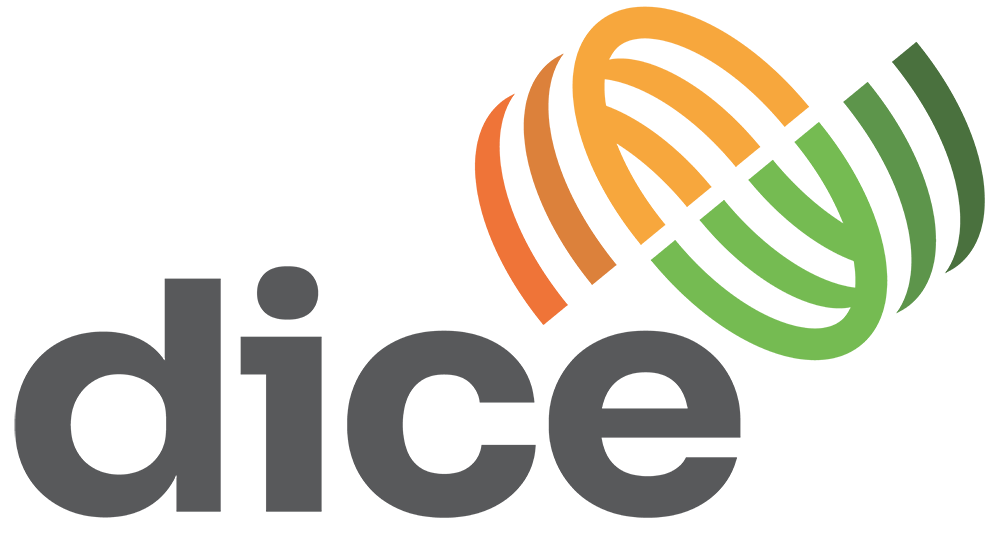Using Digital Storytelling to Facilitate Critical Thinking Disposition in Youth Civic Engagement: A Randomized Control Trial
Digital Storytelling (DST) is a storytelling practice that is interwoven with digital media, including images, texts, sounds, and other elements. This study specifically designed a DST project based on a dialogic orientation and examined to what extent it could promote young participants’ critical and reflective mindsets.
- Reference
